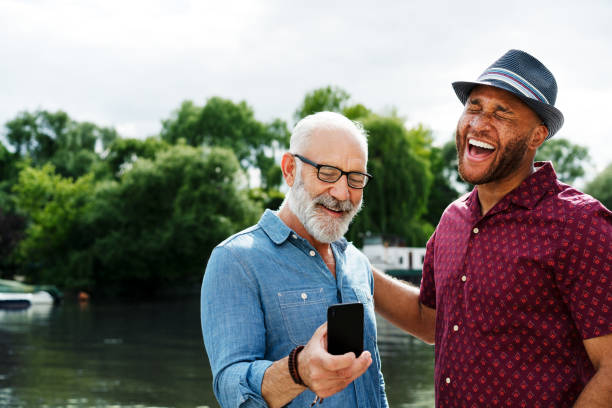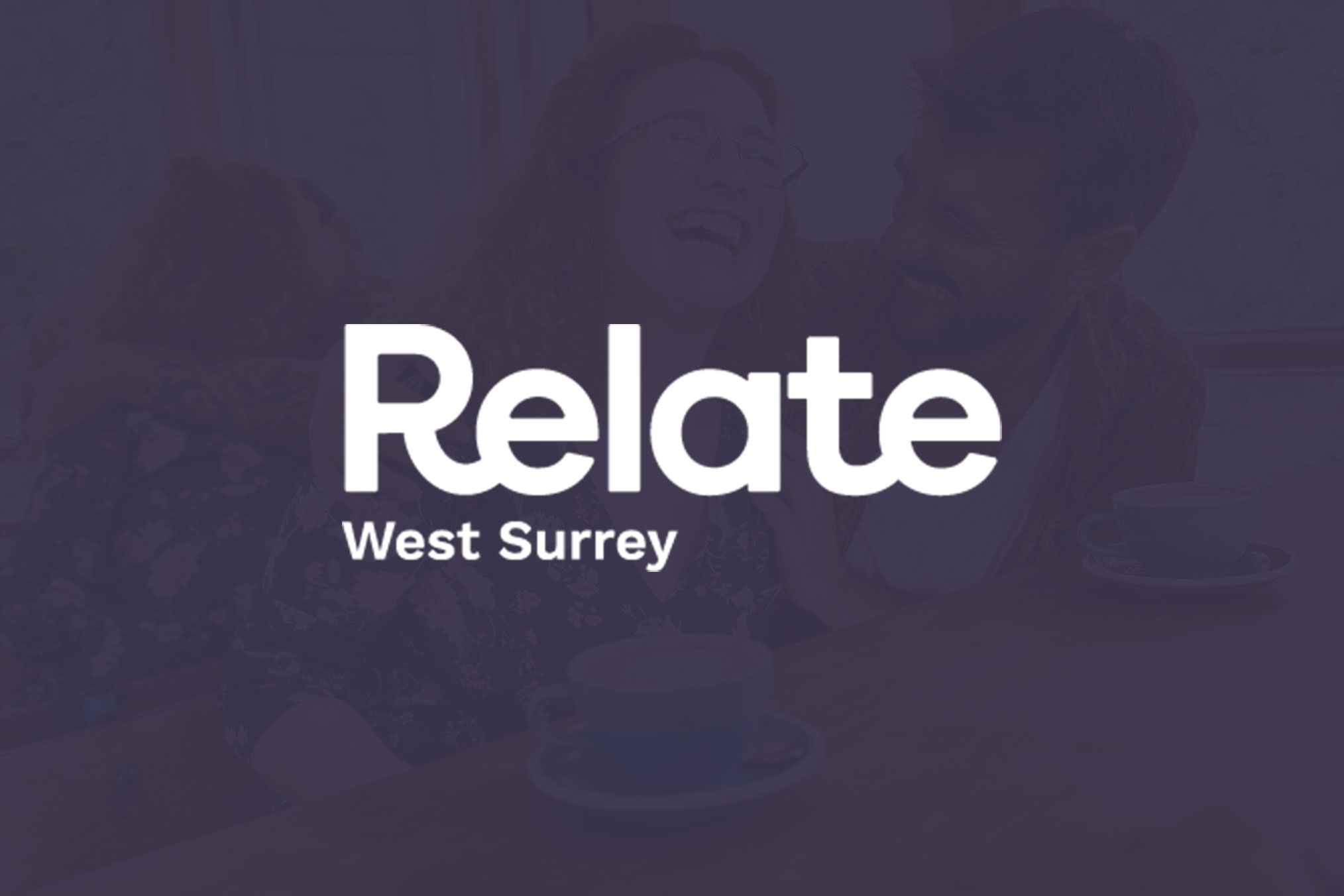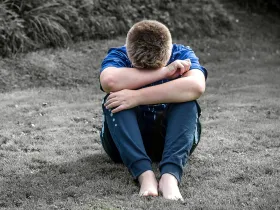
The Institute of Art and Ideas (IAI) have a new event scheduled for the end of April. Love in the Time of Tinder is a packed weekend at Hay-on-Wye examining the state of the modern relationship and its potential pitfalls. We spoke to guest speaker Chris Sherwood, CEO of relationship support service Relate, about his company and how technology is changing romance.
Culture Calling: Hi Chris! Thanks for talking with us today. For someone who hasn’t heard of Relate, could you just explain what you guys do?
Chris Sherwood: Relate is the UK’s largest provider of support for couples, families, and young people around their relationships. We have 1,700 counsellors across the country. We are 80 years old next year, and we have been working throughout that history to support people through all stages of their relationships.
CC: This is particularly relevant for the weekend of 29-30 April, because you are part of two talks at Love in the Time of Tinder. The second talk is called ‘Surviving the Digital Age’. What is the event about?
CS: I’ll be talking about how technology has revolutionised our relationships. I’ll be talking about the way technology has changed the way we find our relationships, and the way we organize our relationships. Our recent research showed that the fourth most popular way to find your partner now is online or through a dating app. This is the digital revolution, but what we know from our work at Relate is that sometimes people are struggling to navigate this new digital world. So it’s really just explaining what we are seeing in the counselling room and what we experience.
CC: There’s quite a bleak undertone to the title – Surviving the Digital Age. Is the Digital Age really that bad? Is that the feedback you are getting from counsellors and couples?
CS: It probably won’t surprise you that 62% of people who use our service say that technology has had a negative impact on their relationships – compared to 30% of the general public. But that’s not too surprising because we see people after they’ve used technology and it has had negative consequences: whether that’s someone who’s connected to an older flame and had an affair; whether that’s someone who has developed an addiction to online pornography. We tend to see when things go wrong.
We also have to remember the real benefits of technology. There’s a lot more choice about dating today. I’m a mid-thirties gay man and I know that around the world technology and dating apps have enabled gay men and young lesbians to connect with each other even in some of the most oppressive regimes – as I discovered when I switched my Grindr app on in Uzbekistan. It has real benefits as well. We say technology itself isn’t the problem: it’s how we use it.
CC: What then is the best way to use technology or dating apps to maintain a relationship?
CS: First of all, we would say, with your partner, with your family, talk about what is right for you. Sit down and negotiate if there is a time when you switch off your phone, or you don’t use your laptop in bed. Communicate with your partner what works for you.
CC: The description for ‘Surviving the Digital Age’ describes fostering “healthy lasting relationship” – something most of us aspire to. There are two events by Kit Opie and Helen Croyden after your talk that question the traditional paradigms of relationships: one looking at human anthropology and monogamy; the other advocating single life. Do you think these ideas are contradictory to the “healthy lasting relationship”?
CS: One of the advantages of living in a liberal society is that the choices that individuals make for themselves are welcome and celebrated, and we are seeing increasing diversity over how people organize their relationships. But what I can bring to this conversation is the feedback we get from our practice. What our counsellors say consistently is that they see that desire in individuals for a long, lasting connection with another individual. So I think that while this technological genie is out of the bottle, I think I can make a pretty safe prediction that the quality of our relationships will continue to be central to our well-being in the future.
CC: This leads neatly into your other event, Love Story, which is a panel discussion alongside filmmaker Martha Fiennes and expert in Romantic literature Shahidha Bari. The discussion explores the narratives we aspire to in relationships. What would you say the romantic narrative is for the modern 20-something?
CS: There’s an interesting study by the Open University which looked at what makes for lasting relationships. In our popular culture there is this idea of the trip to New York or dinner on top of the OXO Tower with a bottle of champagne; that these big dramatic gestures are the things that encourage love and bind people together. What this study found was that it was actually the everyday gestures, like bringing your partner a cup of tea in bed or the love note you always leave when you are travelling away on business. It was those everyday gestures which were critical.
People can approach relationships in two different ways. There’s the fatalist view – “he’s the one” or “she’s the one” and it will work itself out. But there’s a school of thought that is much more developmental: through our relationships with one another we grow and develop together. We can also find that actually we move on – to being single or another relationship – and take the lessons we learnt with us. We try and nurture this more developmental view at Relate.
CC: What do you think the future of Relate and the ‘Love Story’ will be in 25 or 50 years’ time?
CS: Technology is going to continue to play an increasingly important role in our relationships. I think we will see some trends around pornography that use technologies like virtual reality and potentially sex robots – they are already on the market in Japan. I wouldn’t be surprised if in 50 years’ time we have a couple where one member has had an affair with a sex robot. We’ll also continue to see increasing diversity about how we organise relationships.
I’m really clear about two things for the future. First, that our relationships with our partners, with our families and friends will continue to be a central part of what is a good life for people. The second thing that I am very confident about is that Relate will continue to adapt and develop and grow, so we stay relevant to all people who come to us for advice and support.
7 April 2017 | Edd Elliott – at Culture Calling
Love in the Time of Tinder takes place on 29-30 April, with Chris Sherwood’s talks taking place at 10.30am and 11.45am on 29 April. To see the full list of events, see IAI’s website.




